Understanding How to Claim Utilities and Home Office Expenses

Are you self-employed or working from home in the UK, puzzled about how to claim utilities and using your house as an office? Worry not! We've got you covered with a comprehensive guide on how to maximise your tax savings by claiming these expenses.
Understanding Key Components of Claiming Utilities and Home Office Expenses
When you start working from home, it's crucial to understand different components that factor into your claims:
These are costs directly related to your home office, such as office furniture, equipment, and specific office repairs. These expenses can be fully deducted.Direct Expenses
These include a proportion of general household expenses like rent, mortgage interest, utilities, and broadband that you can claim a percentage of, based on the space and time used for business purposes.Indirect Expenses
For those who don't want to go through the hassle of calculating the proportion of indirect costs, the UK government provides a flat rate deduction based on the number of hours you work from home each month.Simplified Expenses
How to File Your Claims Correctly
Follow these steps to claim your home office and utility expenses seamlessly:
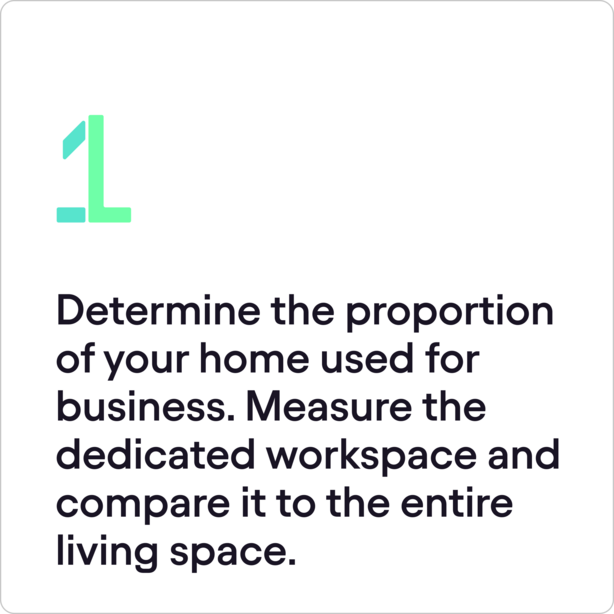

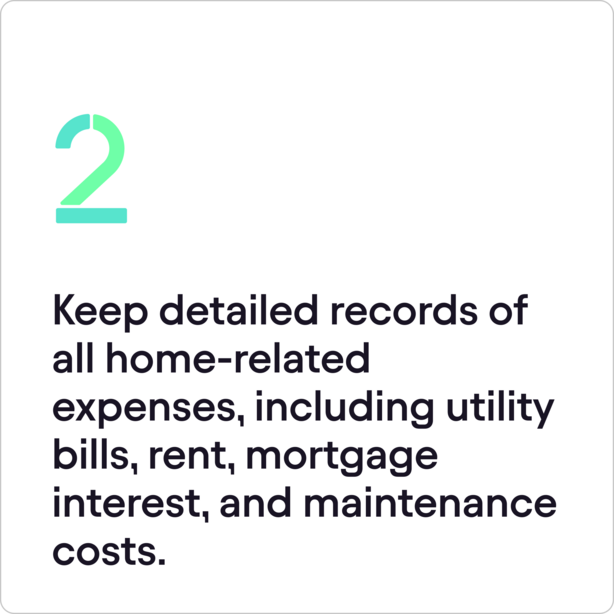

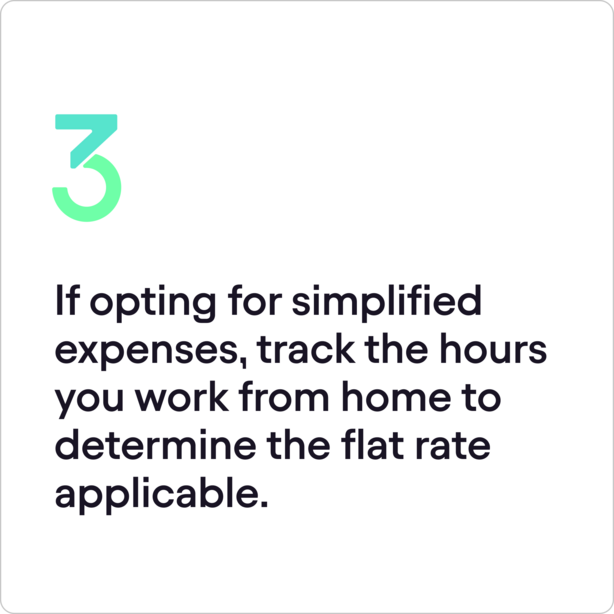

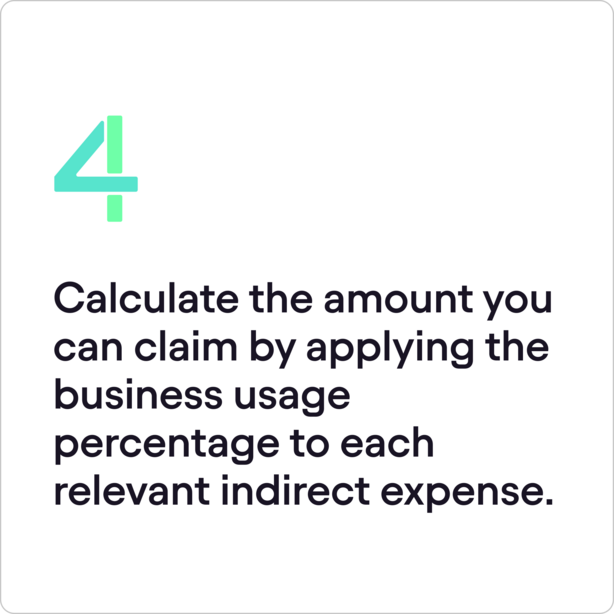
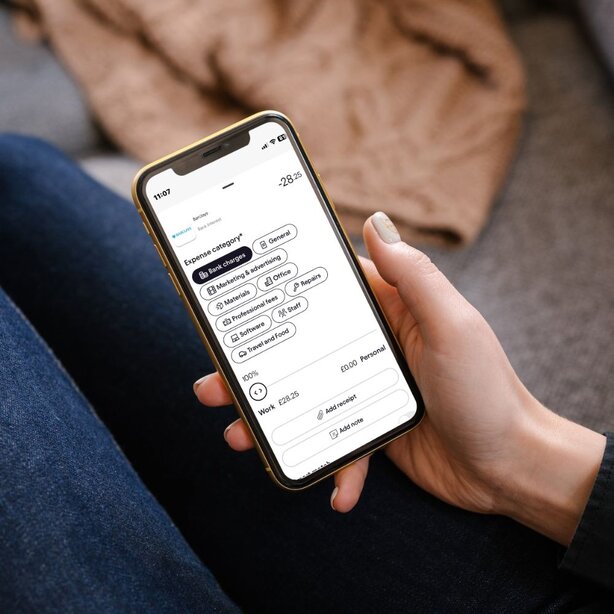
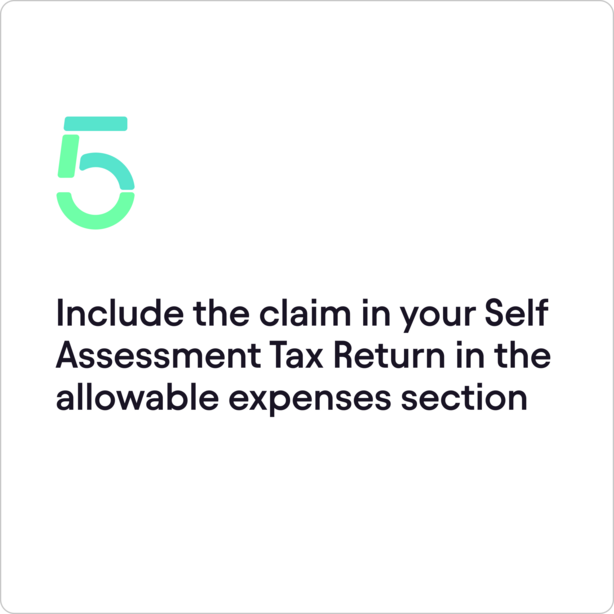

Claimed Costs: Simplified vs Actual Costs Method

Option 1: Simplified Expenses
This method simplifies your accounting by allowing you to claim a flat rate deduction based on the number of hours you work from home. For 25 to 50 hours per month, you can claim £10 per month; for 51 to 100 hours, £18 per month; and for 101+ hours, £26 per month. This straightforward approach helps manage expenses without the need for detailed record-keeping, making it easier to handle your finances.
Option 2: Actual Costs
This method involves calculating the exact proportion of each home expense dedicated to business use, requiring more detailed record-keeping but potentially resulting in higher deductions. By meticulously tracking expenses, you can ensure accurate claims and possibly maximise your allowable deductions, though it demands more time and effort. This approach is ideal for those willing to invest the additional effort to achieve greater financial benefits.

Additional Considerations

If your office space is also used for personal purposes, carefully calculate the proportion you can claim. HMRC requires honest reporting.Mixed Use of Space

Be aware that claiming part of your home as a business space might have capital gains tax implications when selling your property.Capital Gains Tax

Maintain detailed records of all utility and home office expenses. This ensures you can provide evidence if required by HMRC.Record-Keeping
Expert Assistance with Pie
Navigating home office and utility expenses can be complex, but with Pie Tax, you have access to expert assistance who can guide you through the process. Try our software to streamline your tax return and maximise your deductions.

Around 30% of UK workers have shifted to remote work permanently since the COVID-19 pandemic. (Source: ONS)

Self-employed individuals who work from home may be eligible to claim up to £312 per year using simplified expenses. (Source: Gov.uk)
Frequently Asked Questions
What expenses can I claim if I work from home?
You can claim a proportion of household expenses such as utilities, rent, mortgage interest, and maintenance costs related to your home office.
How do I calculate the proportion of my home office expenses?
Measure your dedicated workspace and calculate its percentage of the total home area. Apply this percentage to your home-related bills.
What is the simplified expenses method?
It's a flat rate deduction provided by the HMRC based on the number of hours you work from home each month; designed to simplify the claims process.
Can I claim for office equipment?
Yes, direct expenses such as office furniture and equipment are fully deductible as they are solely used for business purposes.
Are there any tax implications of claiming home office expenses?
Claiming a home office might affect your capital gains tax calculation when selling the property. Ensure to consult a tax advisor for your situation.











